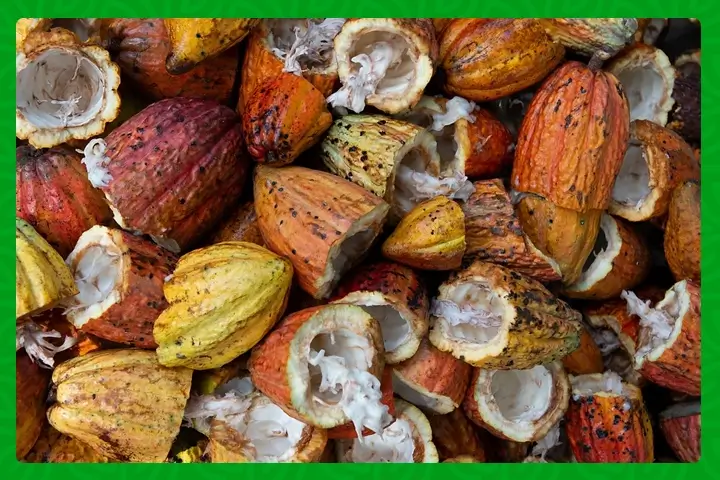
In the heart of West Africa, where the world’s cocoa production thrives, a disheartening reality persists. Despite their pivotal role in the global chocolate industry, West African nations witness only a fraction of the profits. Recent revelations from The New York Times, Corporate Accountability Lab, and various sources have shed light on this inequity, sparking a call for enhanced market access to uplift the region’s cocoa profitability.
The Cocoa Paradox: Nurturing Growth Amidst Disparity
The paradox faced by West African cocoa farmers is glaring. While being indispensable to the chocolate industry, they grapple with poverty and instability. It’s time to address this incongruity and explore how improved market access can not only boost the region’s profitability but also ensure fair compensation for those who cultivate the cocoa that sweetens the world’s confections.
1. Fair Trade Certification: Ethical Sourcing for Equitable Returns
The journey toward fair profits begins with promoting fair trade. Certification opens doors to markets where consumers value ethically sourced products, creating a pathway for West African cocoa producers to receive their fair share. This not only enhances profits but also promotes sustainable farming practices that benefit both farmers and the environment.
2. Local Processing: Adding Value at Home
Investing in local processing facilities is pivotal. By establishing cocoa processing plants in West Africa, the region can retain more value from its cocoa. Converting raw cocoa into finished products, such as chocolate, not only increases profits but also generates employment and stimulates economic growth within the region.
3. Strengthening Farmer Cooperatives: Unity for Better Bargaining Power
Farmer cooperatives play a crucial role in reshaping the narrative. Unity empowers farmers to negotiate for higher prices, access resources, training, and credit, ultimately enhancing productivity and the quality of cocoa produced.
4. Technology Bridges: Real-Time Market Connections
Bridging the gap between West African farmers and global markets, technology platforms provide real-time information on prices, demand, and best practices. This empowers farmers to make informed decisions and establish direct connections with buyers, reducing dependence on intermediaries and safeguarding profits.
5. Policy and Infrastructure Support: A Governmental Commitment
Governments and international bodies are pivotal partners in this transformation. Policies encouraging agricultural investment, reducing export tariffs, and improving rural infrastructure can significantly impact farmers’ market access, minimizing post-harvest losses and optimizing cocoa conditions for export.
6. Educational and Training Initiatives: Empowering Farmers for Success
Knowledge is power, especially in the world of cocoa farming. Education and training programs on sustainable techniques, quality control, and business management equip farmers to increase yields, improve cocoa quality, and manage operations effectively. This positions them better in the market for higher profits.
7. International Collaborations: Expanding Horizons through Fair Trade
Engaging in international partnerships and fair trade agreements opens new markets and improves trade terms for West African cocoa. Mutually beneficial agreements can ensure better access to lucrative markets, fostering a more even distribution of trade benefits.
Charting the Path Forward: A Collective Journey to Prosperity
The pursuit of fairer profits for West African cocoa is a collaborative endeavor involving farmers, industry players, governments, and international bodies. The challenges are formidable, but the potential for change is immense. By implementing these strategies, West Africa can turn its cocoa industry into a beacon of prosperity and stability for its people. While the journey may be long, commitment and collaboration promise a more equitable and prosperous future for West African cocoa farmers.
Source: Market Access Africa


















